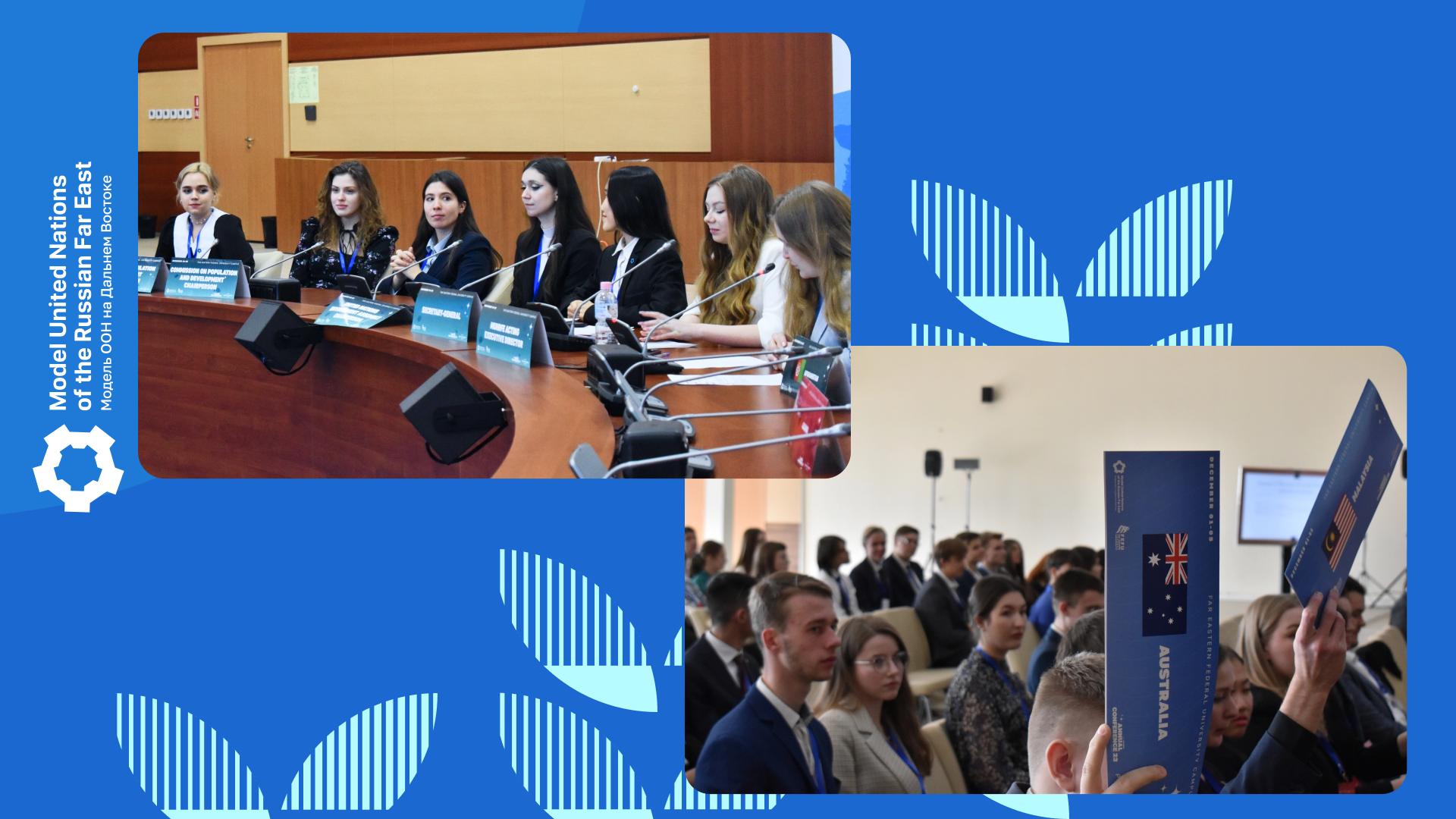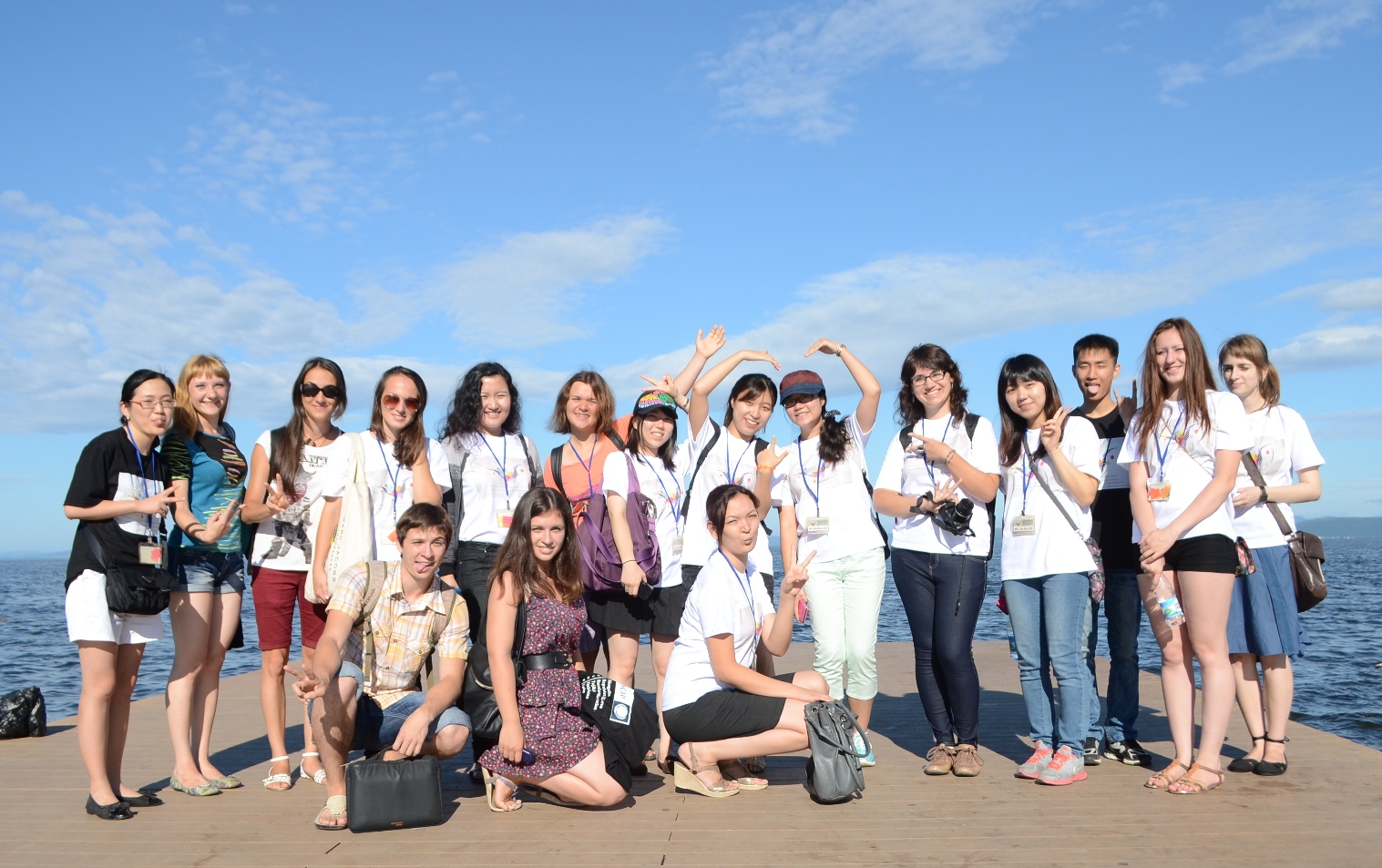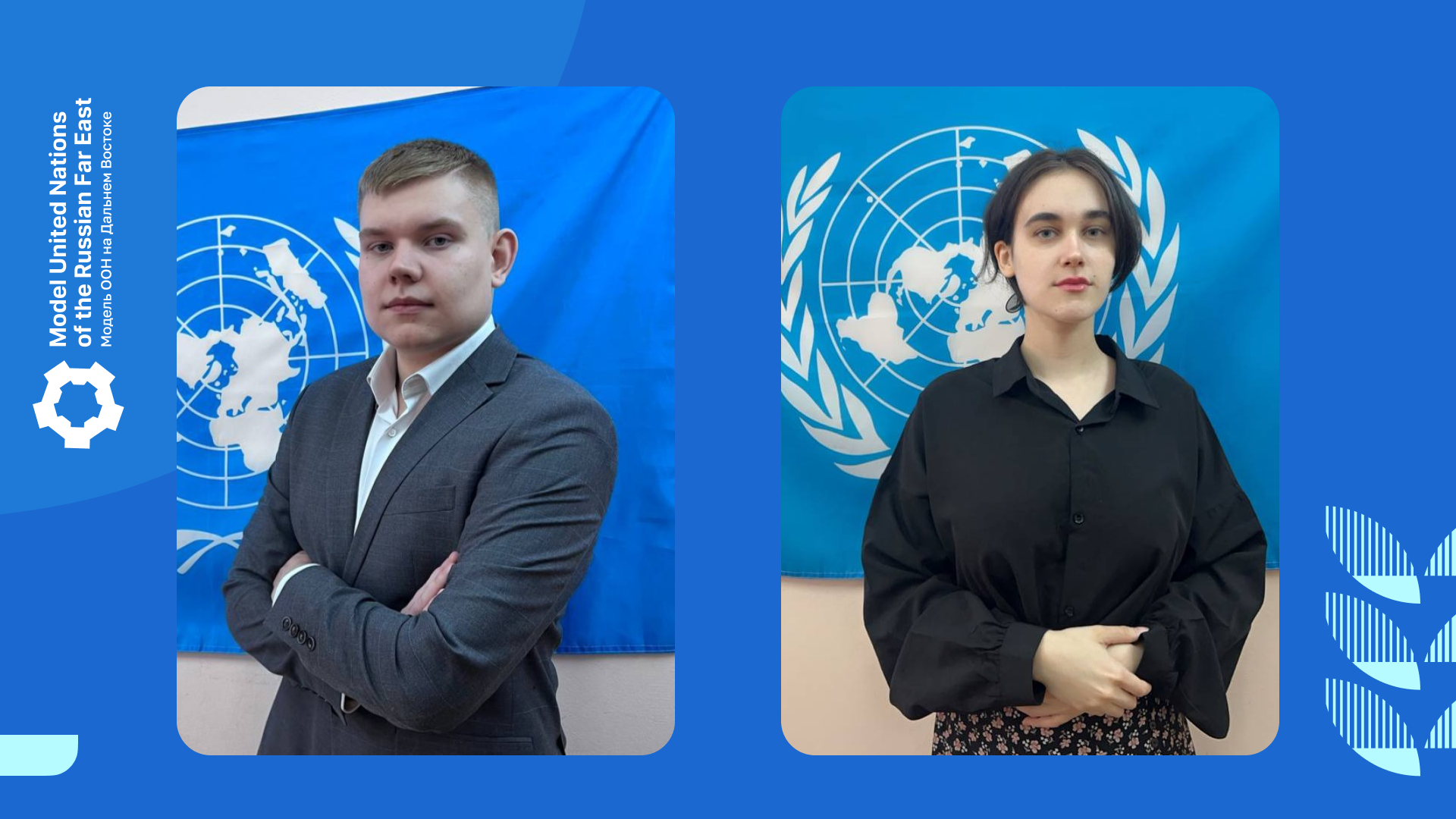
Subregional Youth Forum on the Implementation of Rio+20 for East and North-East, North and Central Asia
On August 19-21, 2013 more than 30 young leaders from North, Central, East and North-East Asia gathered on the Russkiy island, Vladivostok to participate in the Subregional Youth Forum on the implementation of Rio+20, conducted by the United Nations Economic and Social Commission for Asia and the Pacific.

Participants from China, Japan, Republic of Korea, Mongolia, Armenia, Azerbaijan, Kazakhstan, Kyrgyzstan, Uzbekistan, Turkmenistan, Tajikistan and Russia represented wide range of different youth organizations, working in environmental, political and social spheres. Due to the fact that the very idea of bringing the Forum to Vladivostok was brought up by the Model United Nations of the Russian Far East, it was honored to be a co-organizer of this event. At the Forum MUNRFE was represented by the most deserving members of all three Clubs: Anna Murzakova and Vladimir Tananykin from Vladivostok, Elena Kharitonova and Linda Kvitkina from Blagoveshchensk and Daria Stolbikova from Khabarovsk. Anna Ivanova served as a coordinator of the Forum.
At the Forum opening ceremony introductory speeches were given by respected guests: Mr. Kilaparti Ramakrishna – Director of ESCAP Subregional Office for East and North-East Asia, Mr. Sergey Ivanets – Rector of the Far Eastern Federal University, Mr. Yuriy Saprykin - Deputy Head of the Federal Agency on Youth Affairs and Mr. Vitaliy Savenkov – MUNRFE Director. Moreover, the guests and participants were shown a specially recorded video message by UN Secretary-General’s Envoy on Youth, Mr. Ahmad Alhendavi, on “Youth participation in policy-making”.
In frames of round tables and plenary sessions participants discussed a number of issues on the agenda: Water and Sanitation, Sustainable Cities and Human Habitat and Education for Sustainable Development. As a result of the three-days discussions, participants adopted a road map for the solution of economic, social and environmental problems, which will be implemented in the future with the support of UN ESCAP.













